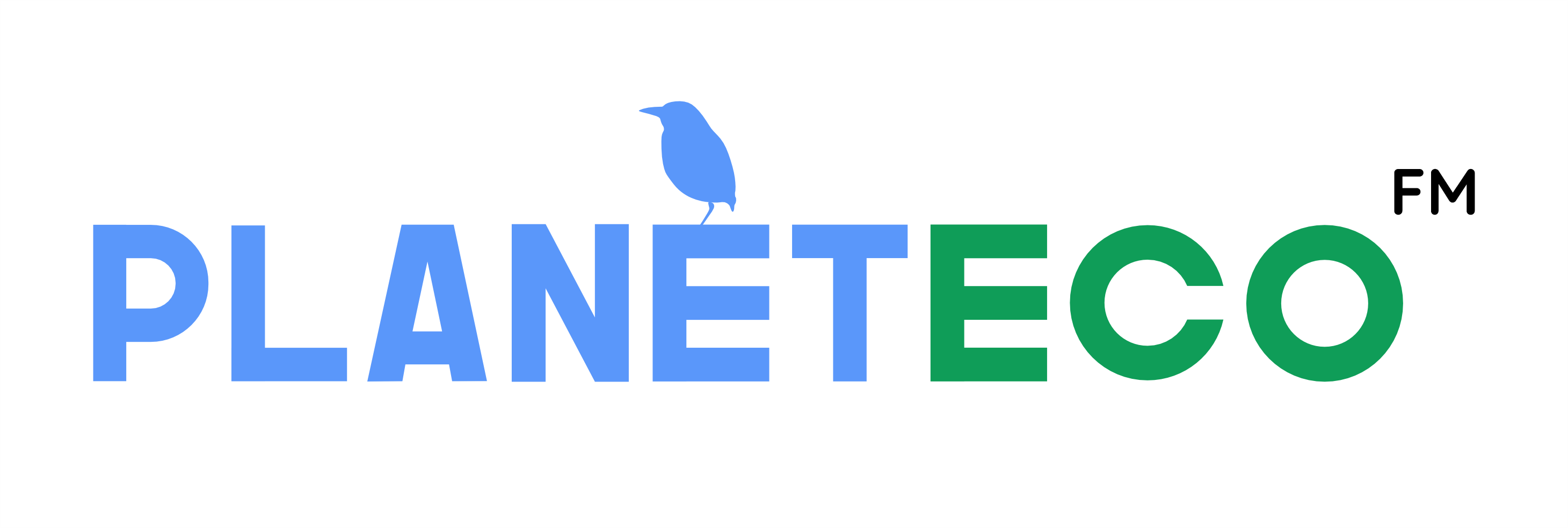In Nigeria, waste management presents both a pressing challenge and a significant opportunity. With a population exceeding 200 million, the country generates enormous amounts of waste daily, posing environmental, health, and economic challenges. However, within this challenge lies immense potential for innovation and sustainable development. Effective waste sorting is a crucial step towards harnessing this potential and building a greener future for Nigeria.
Understanding the Challenge
Nigeria’s waste management landscape is marked by inadequate infrastructure, insufficient funding, and a lack of awareness among the populace. Waste collection systems are often inefficient and outdated, leading to widespread littering, pollution of water bodies, and the proliferation of disease vectors. Furthermore, the absence of proper waste sorting practices exacerbates these issues, making recycling and resource recovery a daunting task.
The Importance of Waste Sorting
Waste sorting is the process of separating different types of waste at the source, enabling easier recycling, composting, and proper disposal. It is a fundamental aspect of sustainable waste management, facilitating the recovery of valuable materials and reducing the burden on landfills and incinerators. By sorting waste at the source, individuals and communities can significantly minimize their environmental footprint and contribute to a circular economy.
Challenges in Waste Sorting in Nigeria
1. Lack of Awareness and Education
One of the foremost hurdles in waste sorting in Nigeria is the pervasive lack of awareness and education regarding proper waste management practices. Many individuals are unaware of the benefits of waste sorting or the methodologies to effectively segregate different types of waste. This deficiency in understanding often results in improper disposal practices, such as mixing recyclable and non-recyclable materials, thereby impeding recycling efforts and exacerbating environmental issues.
2. Limited Infrastructure and Facilities
Nigeria grapples with a shortage of infrastructure and facilities essential for waste sorting and recycling, particularly in rural areas. The absence of resources such as recycling plants, sorting facilities, and collection centers impedes communities’ ability to implement effective waste management practices. Consequently, a significant portion of waste finds its way into landfills or open dumps, posing significant environmental and health risks.
3. Inadequate Government Support
Effective waste management relies heavily on government support through policies, regulations, and investments in infrastructure. However, Nigeria may suffer from inadequate governmental backing for waste management initiatives. Insufficient support and funding hinder the development of proper waste management systems and hinder efforts to promote waste sorting and recycling.
4. Limited Public Participation
The success of waste management initiatives hinges on active participation from the public. However, in Nigeria, there is often limited involvement in waste sorting and recycling programs. Factors such as cultural norms, lack of incentives, and competing priorities may contribute to this apathy. Without broad public engagement, implementing and sustaining effective waste sorting practices becomes challenging.
5. Challenges in Waste Collection and Transportation
Efficient waste collection and transportation are vital components of proper waste management. Yet, Nigeria faces challenges such as inadequate waste collection infrastructure, irregular collection schedules, and insufficient transportation resources. These obstacles result in delays in waste collection, accumulation of waste in public spaces, and increased environmental pollution risks.
To tackle these challenges, Nigeria needs a holistic approach involving awareness campaigns, infrastructure improvements, policy interventions, and community engagement. Overcoming these obstacles is vital for transitioning to sustainable waste management practices, which are essential for mitigating environmental and health risks associated with improper waste disposal.
Overcoming the Challenges
Addressing the challenges in waste sorting requires a multi-faceted approach involving government intervention, private sector investment, and community engagement. Here are some strategies to unlock Nigeria’s waste management potential and overcome the barriers to waste sorting:
1. Public Awareness Campaigns:
- Launching educational initiatives to raise awareness about the importance of waste sorting and provide guidance on proper segregation techniques.
- Infrastructure Development: Investing in the construction of waste sorting facilities, recycling plants, and composting sites to facilitate the proper management of different types of waste.
2. Policy Reform:
Implementing regulations and incentives to encourage waste sorting at the individual and institutional levels, such as mandatory recycling programs and tax incentives for recycling businesses.
3. Community Participation:
- Engaging local communities through grassroots initiatives, training programs, and incentivizing participation in waste sorting and recycling efforts.
- Public-Private Partnerships: Collaborating with private sector companies to invest in waste management infrastructure, technology, and innovation.
Benefits of Effective Waste Sorting
Unlocking Nigeria’s waste management potential through effective waste sorting offers numerous benefits:
- Environmental Protection: Reducing pollution, conserving natural resources, and mitigating climate change by diverting waste from landfills and incinerators.
- Economic Opportunities: Creating jobs in the waste management and recycling sectors, fostering innovation, and attracting investment in green technologies.
- Public Health Improvement: Minimizing health risks associated with improper waste disposal, such as waterborne diseases and air pollution.
- Community Empowerment: Empowering communities to take ownership of their waste and contribute to local sustainable development initiatives.
Conclusion
Unlocking Nigeria’s waste management potential requires concerted efforts from government, businesses, and civil society. By addressing the challenges in waste sorting and promoting sustainable practices, Nigeria can pave the way for a greener, healthier, and more prosperous future. Together, we can turn waste into a valuable resource and build a sustainable legacy for generations to come.




4 Comments